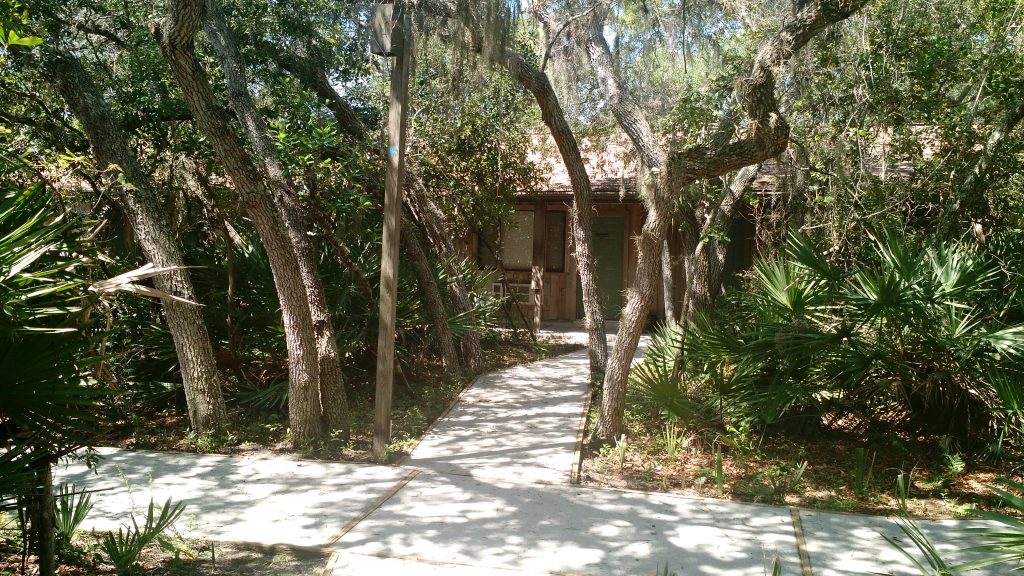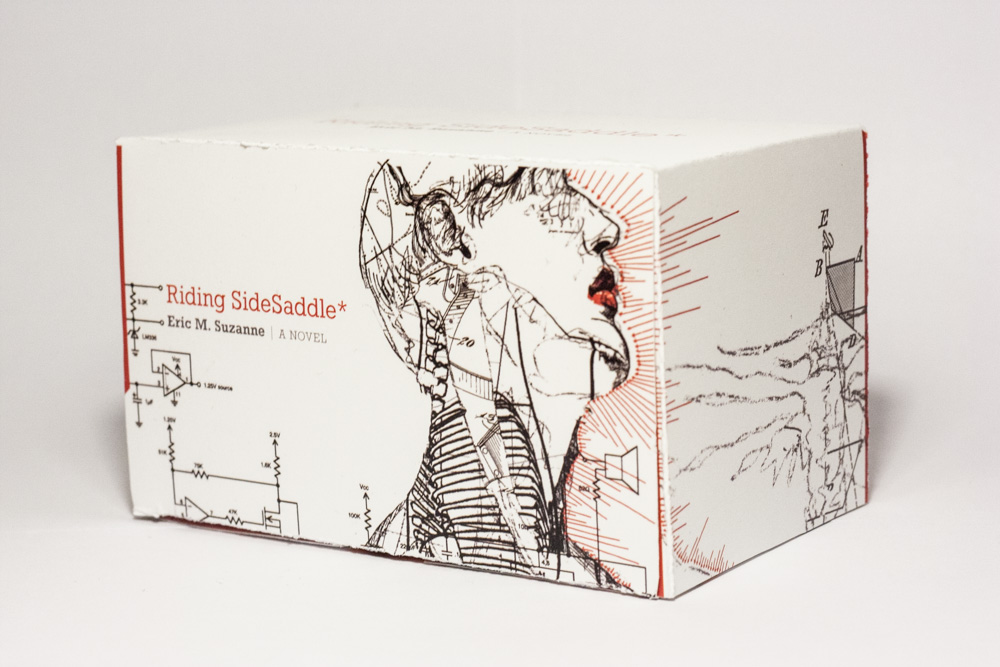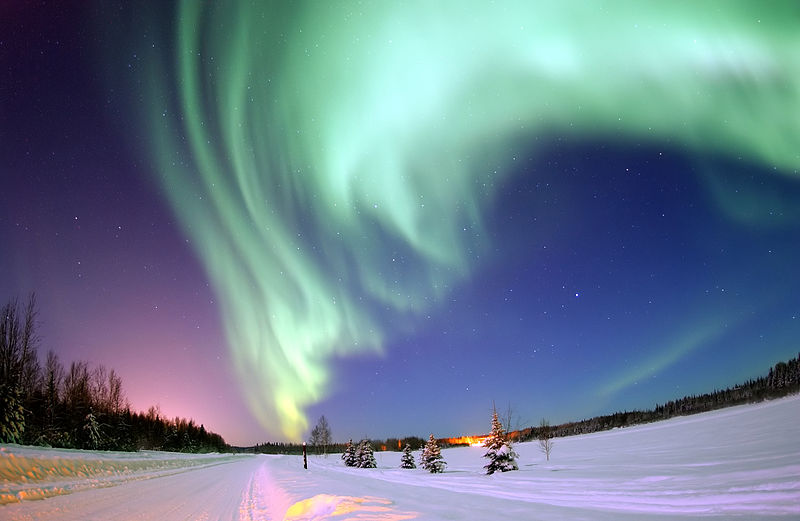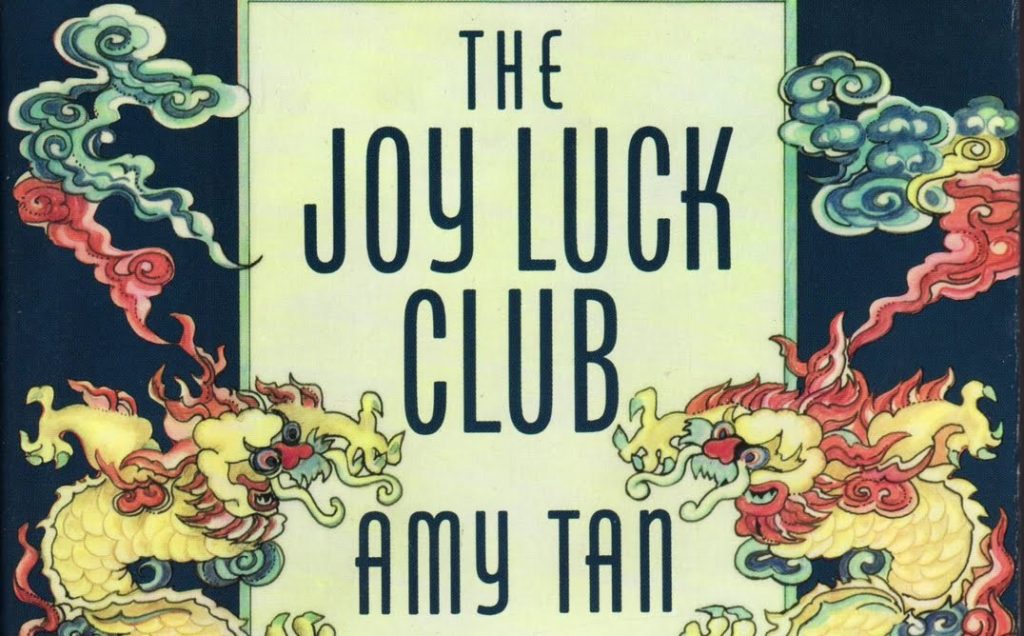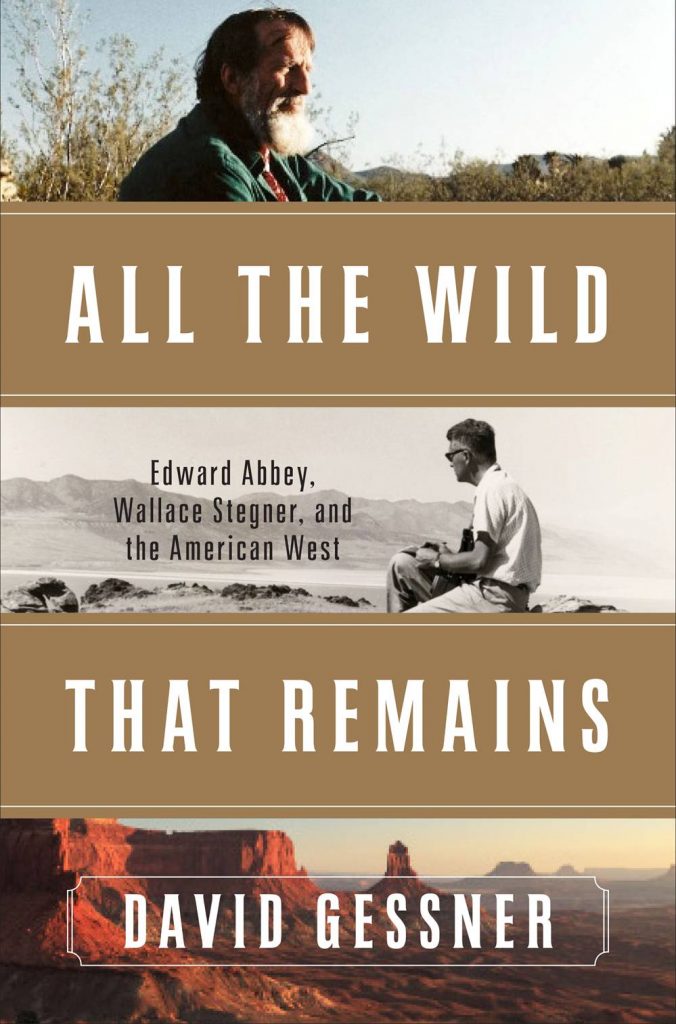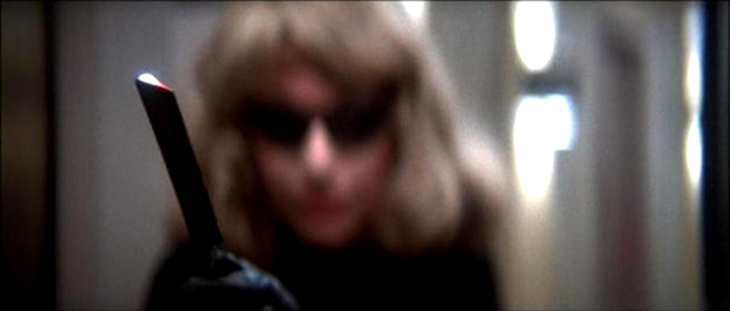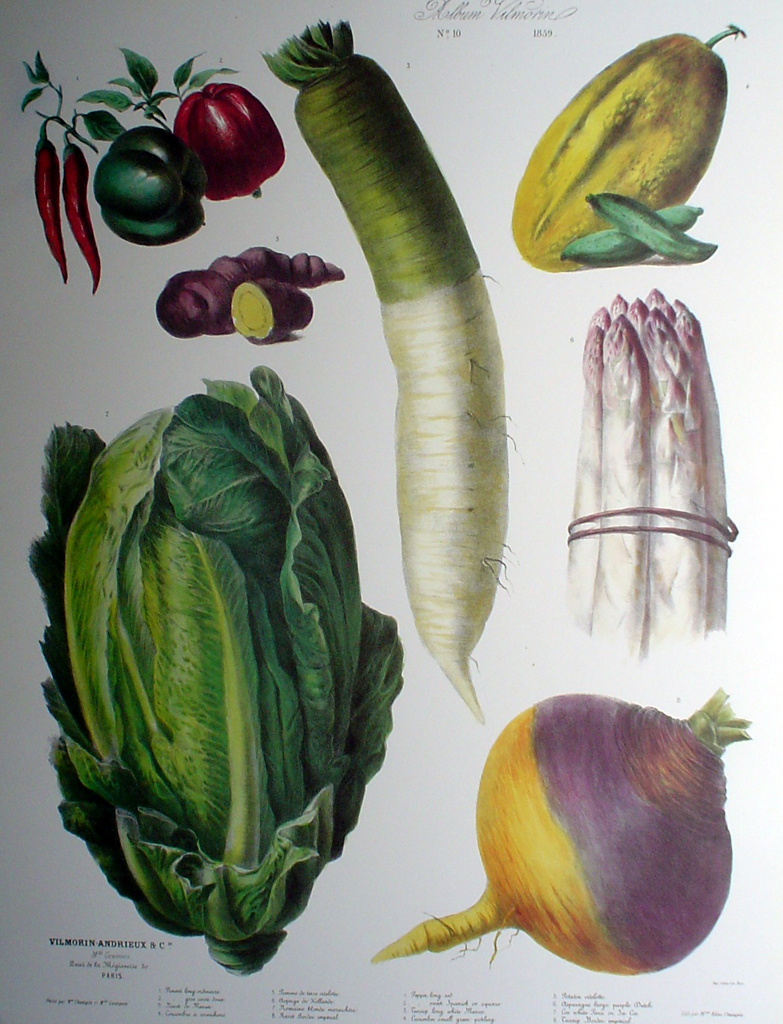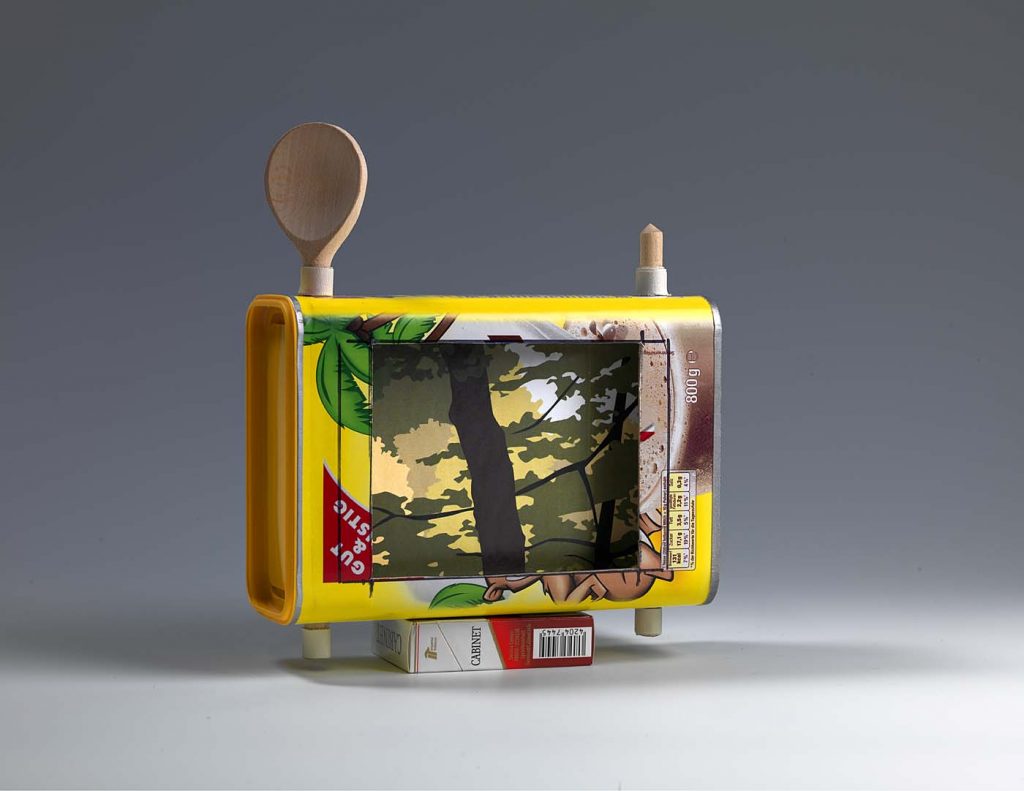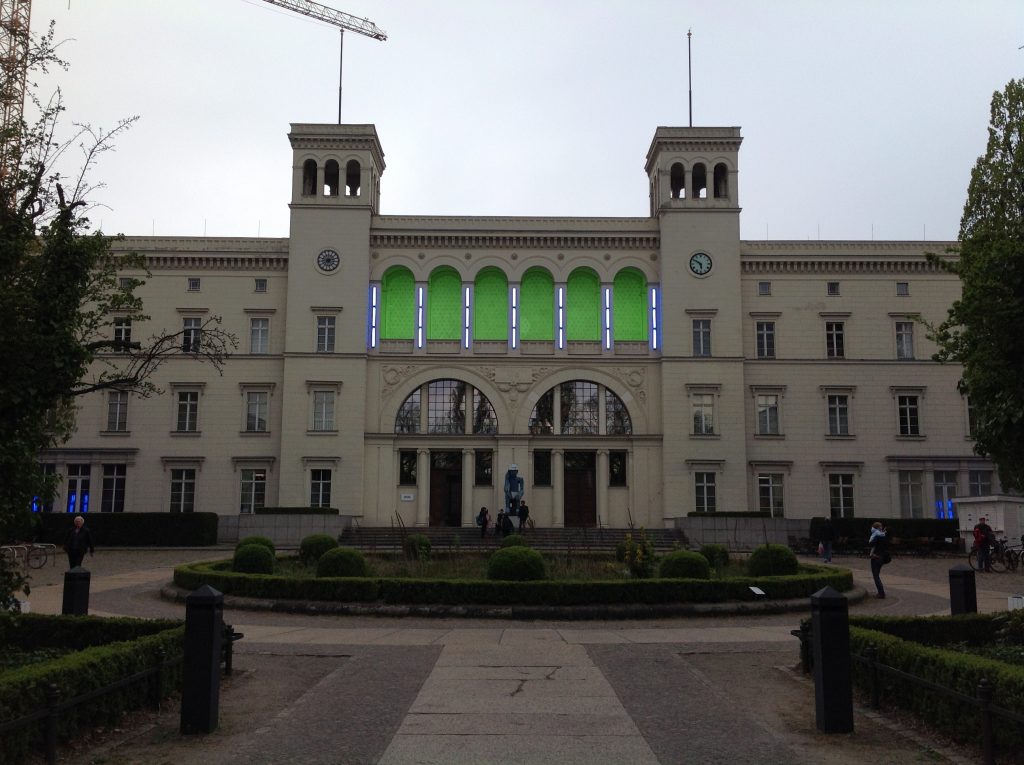On Writing Place: Coquinas and Paul Harding’s “Tinkers”
In truth, there is probably no real “objectivity” in descriptions, because the minute we choose one word for another, we’ve already exercised a kind of bias. But relatively speaking, we can mimic the human experience by offering a version of alternating objectivity and subjectivity.
On Writing Place: Coquinas and Paul Harding’s “Tinkers” Read More »

